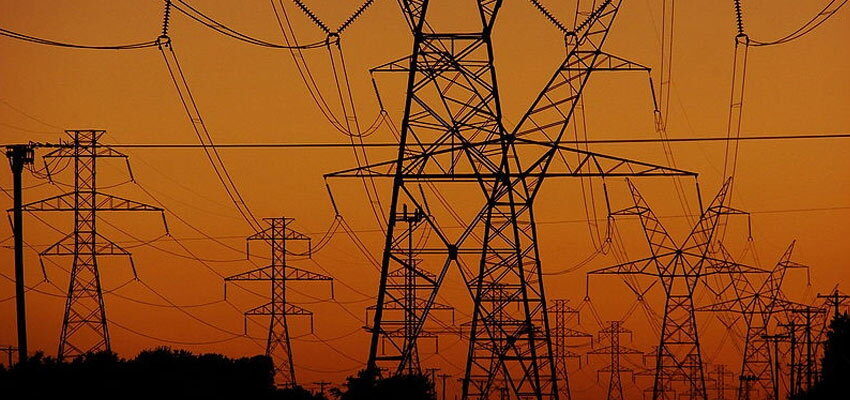The World Bank Group to commit $ 5 billion to boost power projects in six African countries
Africa: The World Bank Group will commit $ 5 billion to electricity projects in six African countries as part of the US-backed Power Africa initiative.

08ebf71ab73222fbbefe3b10163d3783
Africa: The World Bank Group will commit $ 5 billion to electricity projects in six African countries as part of the US-backed Power Africa initiative.
The countries involved are Nigeria, Ethiopia, Ghana, Kenya, Liberia and Tanzania – all partners in the President Barack Obama led Power Africa initiative which aims to increase access to electricity in African countries, reports This Day Live.
“The US government and the World Bank Group are working now on specific tasks and milestones which could help to achieve one quarter of Power Africa’s goal of generating 10,000 MW of new power in sub-Saharan Africa.” President of World Bank Group, Dr. Jim Yong Kim said.
The Chairman of NERC, Dr. Sam Amadi announced new regulations on investments in electricity networks regarding protection of the interests of those who procure electricity equipment like power transformers, poles and wires to provide access to electricity within their neighborhoods, explaining that the regulations will help regulating extant propensity for people to commit funds into procuring electricity equipment without due consideration to standards.
“The regulation on investment is very important. Many communities are making investments in the network, they are saying we provide transformers, we pay fixed charge and at the same time we do not get the power. Now, we are saying if people make investments in the network whether as individuals, community or government, the Disco in that jurisdiction has the responsibility to have to repay those people or find a way through energy credit to make them not have double payments. Otherwise it will be very wrong for them to make investments and at the same time they cannot recover and they still pay the same amount of money.” Amadi said.
Source: This Day Live
#Africa electricity investment#Africa transformers#Africa transmission investment#power transformers #power transformers#The World Bank Group#transformer investors




